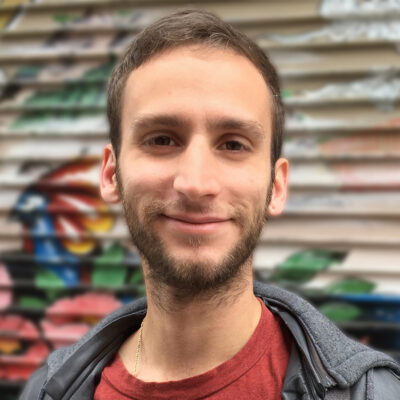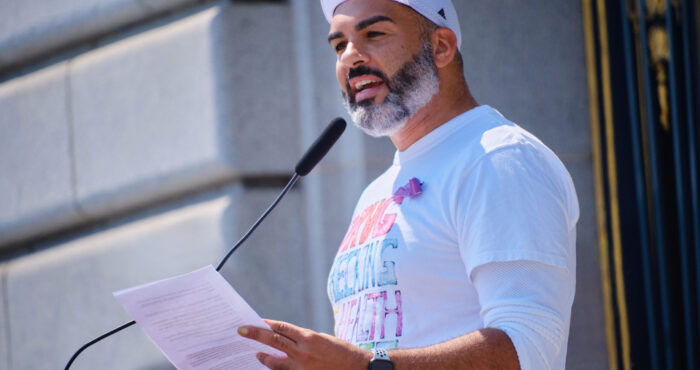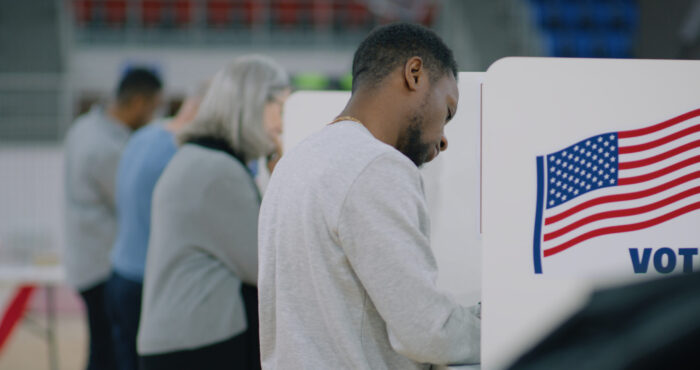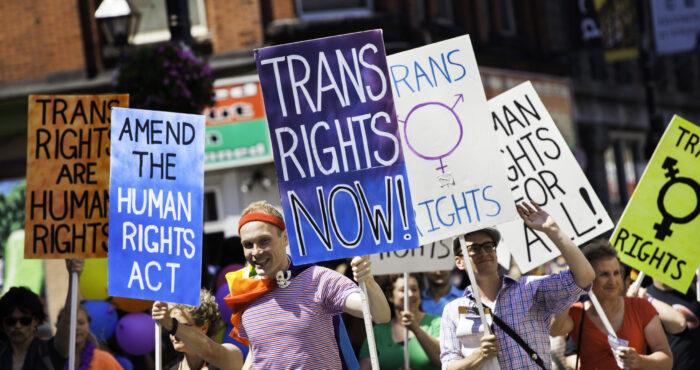HIV Priorities in SF City Budget, 2022 – 2023

Every year, SFAF’s HIV Advocacy Network (HAN), along with the greater San Francisco HIV community advocates for funding priorities in San Francisco’s City budget. This year, we’re doubling down on our requests for funding that prioritizes HIV communities most impacted by the COVID-19 pandemic, including long-term survivors, Black and brown communities, LGBTQ+ individuals, and people who use drugs.
Along with the HIV/AIDS Providers Network (HAPN), San Francisco HIV Planning Council, and Getting to Zero Consortium (GTZ), we are advocating for the following priorities:
Funding to preserve the HIV care safety net
Ask: TBD
The Ryan White HIV/AIDS program is a federally funded program that supports people living with HIV with medical care, treatment and other critical support services. As we wait to see the final federal budget, we are advocating for backfills to any and all federal-level HIV funding reductions to ensure the preservation of the HIV care safety net to ensure that we don’t lose the incredible progress our city has made in addressing the HIV epidemic.
Support critical HIV service organizations
Ask: $500,000
San Francisco HIV community-based organizations are at the core of our city’s strategy of getting to zero through the programs and services they make accessible to the community. As costs continue to rise due to inflation and cost of living increases, it becomes more difficult for nonprofit organizations to maintain key programs without additional funding to meet these rising costs. As such, our HIV community-based organizations need a 3% Cost of Doing Business (CODB) increase for all HIV-related contracts (including grant-funded contracts and general fund contracts) to ensure sustainability of all safety net programs.
Maintain the HIV prevention safety net
Ask: $2-3 million
The current state of HIV prevention in San Francisco has reduced HIV infections to record lows, yet a change in how HIV prevention funds are administered city-wide has the potential to destabilize hard-won progress. After services begin under the new funding model – on January 1, 2023 – the HIV/AIDS Provider Network will analyze which HIV prevention programs reduce or stop services in response to changes in funding. And, HAPN will further analyze which of these programs have proven their effectiveness in preventing new cases of HIV–making a recommendation about which need to be maintained by the City.
We anticipate that the City will need to invest $2 – 3M in order to sustain effective HIV prevention programs and services.
Housing subsidies for people living with HIV
Ask: $3 million
Nearly one in six people living with HIV (PWHA) in San Francisco (2,560) are severely rent burdened, unstably housed, or experiencing homelessness. Unfortunately, not having stable housing has a direct impact on health–people living with HIV, for example, are far less likely to be virally suppressed if they are experiencing homelessness. It is therefore critical for the city to ensure that people living with HIV have housing needs met. With this funding, our goal is to house 1500 individuals living with HIV over the next five years, with a request for housing subsidies for 300 households in the upcoming year.
Mental health for long term survivors
Ask: $1 million
There are over 10,000 people living with HIV aged 50 or over in San Francisco, many of them long-term survivors of HIV who have endured the years before HIV became a manageable condition. For many in this population, the intersectional problems of HIV stigma, racism, poverty, unstable housing, transphobia, sexism, and/or difficulty accessing healthcare come together to produce higher rates of depression, anxiety, isolation, substance use disorder, and other mental health concerns. This funding would help to strengthen the system of mental health care for long-term survivors of HIV, in order to ensure that mental health resources are tailored to the unique needs and experiences of long-term survivors.
Intensive case management for vulnerable people living with HIV
Ask: $1 million
For many years, members of the HIV community have expressed the need for expanded behavioral health services for people living with HIV who struggle with acute psychiatric and mental health challenges–many who are out of care. This funding would provide care and treatment to this population through a total of 8 full-time behavioral health staff, across several organizations, who have high levels of clinical training and experience to provide complex case management services in close coordination with each other and the San Francisco Department of Public Health.
Safer consumption services
Ask: $1-2 million
Rates of overdose in San Francisco have skyrocketed over the past decade, with 650 San Franciscans dying of overdose in 2021. This is 5 times the number of fatal overdoses in 2011. Safe consumption services (also known as overdose prevention centers) are a proven solution to preventing fatal overdose, improving communities, and improving the health of people who use drugs, with more than 100 safe consumption services in operation world-wide. This funding would support safe consumption services in San Francisco.
Interested in learning more?
Join the fight for health justice and stay up to date on this campaign.
Take action by sending an email to legislators!
If you’re interested in learning more and getting involved in future advocacy, join HAN by texting RESIST to 52886.










